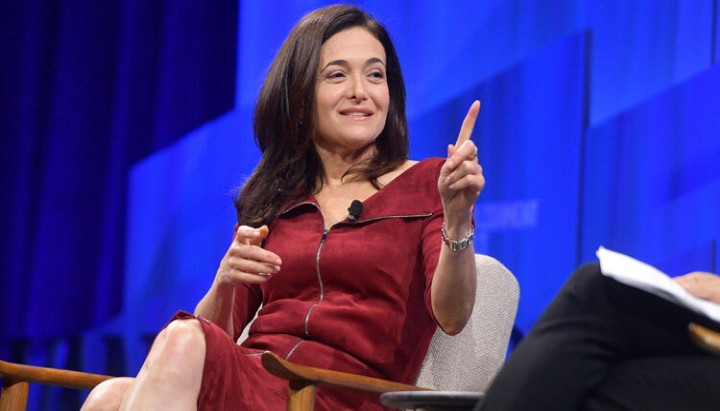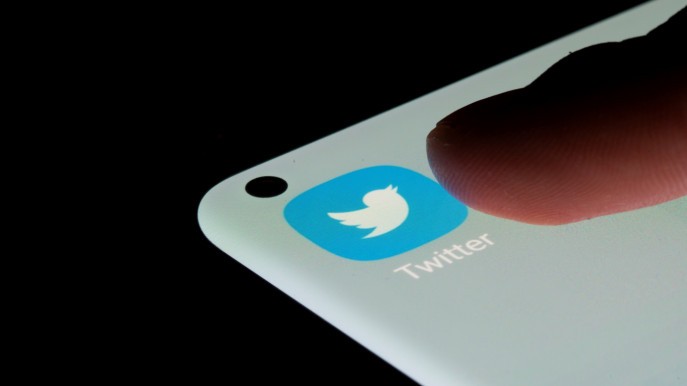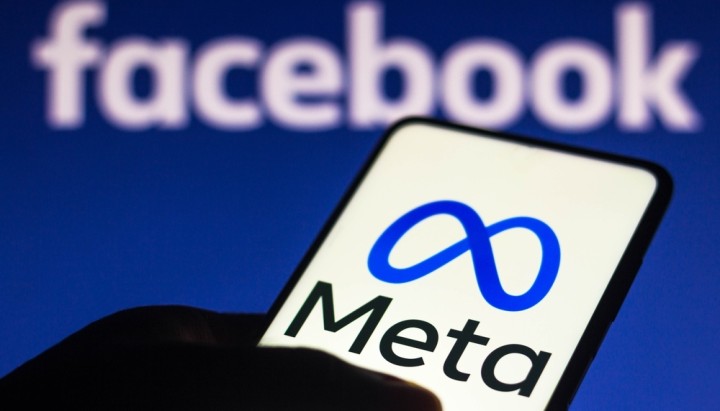Sheryl Sandberg, the chief operating officer of Facebook and
its parent company Meta, has announced she will step down from her role, ending
14 years in the job that made her one of the most powerful figures in the tech
world and saw the company weather a meteoric rise and multiple controversies.
Sandberg announced the move in a post on her own Facebook
page on Wednesday, adding that she was not sure of what the future holds for
her but plans to focus on her foundation and philanthropic work going forward.
“When I took this job in 2008, I hoped I would be in this
role for five years. Fourteen years later, it is time for me to write the next
chapter of my life,” Sandberg wrote on Facebook.
She said she will leave the company this fall, but will
continue to be on Meta’s board and thanked Meta founder and chief executive
officer Mark Zuckerberg for his support, saying “sitting by Mark’s side for
these 14 years has been the honor and privilege of a lifetime”.
In his own Facebook post, Zuckerberg called it “the end of
an era” and said Sandberg “deserved the credit for so much of what Meta is
today”.
“When Sheryl joined me in 2008, I was only 23 years old and
I barely knew anything about running a company … Sheryl architected our ads
business, hired great people, forged our management culture, and taught me how
to run a company,” the CEO added.
He said that Sandberg’s position would not be filled, and
announced restructuring of existing roles at the company.
Sandberg has been one of Facebook’s most prominent public
faces since joining in 2008, shaping its policies and overseeing responses to
the myriad public controversies the company has battled.
The billionaire executive led the company’s advertising
business and was responsible for nurturing it from its infancy into a Silicon
Valley behemoth. She joined four years after its founding to be “the adult in
the room”, analysts have said, attempting to help navigate the company through
the scandals that ensued along with its vast user growth.
She quickly gained notoriety as one of the most visible and
most powerful female executives globally, with previous positions at Google and
the Clinton administration. In 2013 she published her female empowerment
manifesto Lean In.
More recently, she has overseen operations as the company
weathers a financial downturn amid a shift away from its core social media
platforms into virtual reality.
Facebook rebranded in October 2021 to Meta, reflecting its
move into VR after a series of difficult years. Zuckerberg has bet big on his
hopes for the “metaverse”, an augmented and virtual reality space where people
can interact through avatars in a shared world. The company has earmarked $10bn
for the metaverse over the next year and plans to consistently spend more in
coming years, Zuckerberg announced last year.
But Meta has struggled with the transition, reporting a
record $230bn loss in market value after a disappointing earnings report in
February. That report also revealed that Facebook had seen its first-ever drop
in daily user numbers. The company is boosting efforts to retain young users -
a key advertising demographic that has been leaving Facebook and Instagram in
droves to platforms such as TikTok.
Zuckerberg said on Wednesday that Javier Olivan, the vice
president of central products, will be promoted to chief operating officer and
take on some of the advertising-related responsibilities previously under
Sandberg’s purview. Justin Osofsky, Instagram’s chief operating officer, will now
oversee AI-trained content production across platforms.
“Meta has reached the point where it makes sense for our
product and business groups to be more closely integrated, rather than having
all the business and operations functions organized separately from our
products,” he wrote.
Sandberg’s departure also comes after billionaire tech
investor Peter Thiel stepped down from Meta’s board, following the company’s
worst-ever earnings report, suggesting some power players may be jumping ship
as the company flounders.
Most recently Sandberg and Facebook had faced increased
scrutiny after documents leaked by the whistleblower Frances Haugen were turned
over to Congress and published by a number of news outlets.
The documents revealed the extent to which Meta knew about
the aggressive spread of misinformation and hate speech on its platform, that
it was reluctant to censor rightwing news organizations for fear of angering
the Trump administration, and how it struggled to crack down on human
trafficking operations advertised on Instagram. It also revealed internal
studies that showed grave mental health effects of the platform on teens.
Sandberg referenced in her departure missive the ways the
tech landscape has evolved since she began at the company.
“The debate around social media has changed beyond
recognition since those early days,” she wrote. “To say it hasn’t always been
easy is an understatement. But it should be hard. The products we make have a
huge impact, so we have the responsibility to build them in a way that protects
privacy and keeps people safe.”
As backlash mounted over the whistleblower documents in
2021, Sandberg and Zuckerberg avoided making public comment on the revelations,
instead leaving Nick Clegg, the vice-president of global affairs, and Adam
Mosseri, the head of Instagram, to manage the official response to the
revelations.
Sandberg’s behavior at Facebook has been scrutinized in the
past. She reportedly asked Facebook employees to examine George Soros’s
finances after he criticized the social media giant and she was called before
Congress in 2018 to testify about misinformation and manipulation surrounding
the 2018 elections.
It also recently came to light that she allegedly pressured
the Daily Mail to drop unflattering stories about her romantic partner Bobby
Kotick, the CEO of Activision Blizzard. Caroline Nolan, a spokeswoman with
Meta, said that the matter has “nothing to do with Sheryl’s decision to step
back from the company”.
Sandberg, who lost her husband Dave Goldberg suddenly in 2015,
said she is “not entirely sure what the future will bring”.
“But I know it will include focusing more on my foundation
and philanthropic work, which is more important to me than ever given how
critical this moment is for women,” she wrote, adding that she is also getting
married this summer, and that parenting their expanded family of five children
will also be a part of this future.
- The Guardian, Reuters









